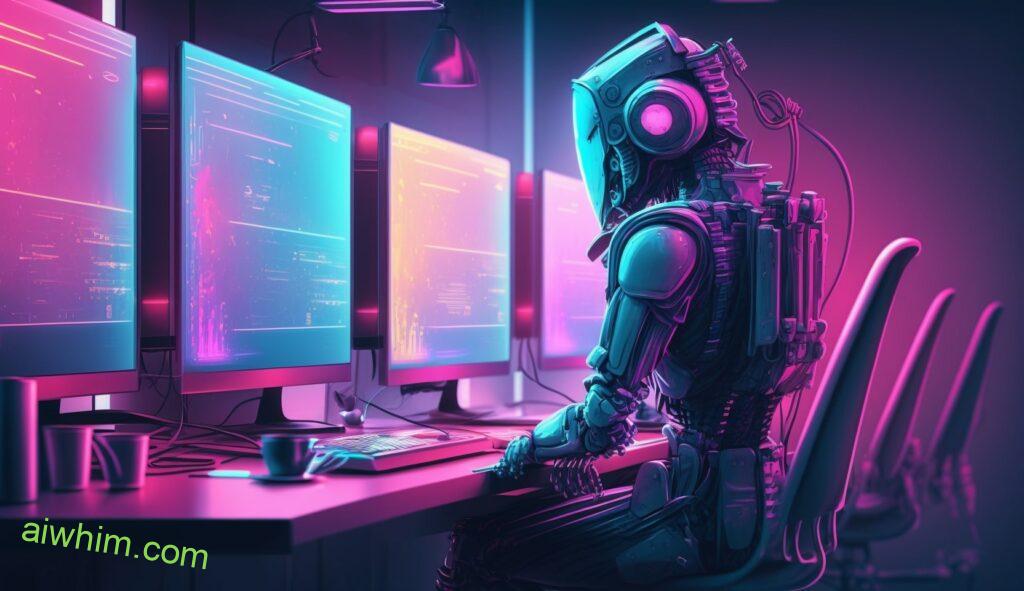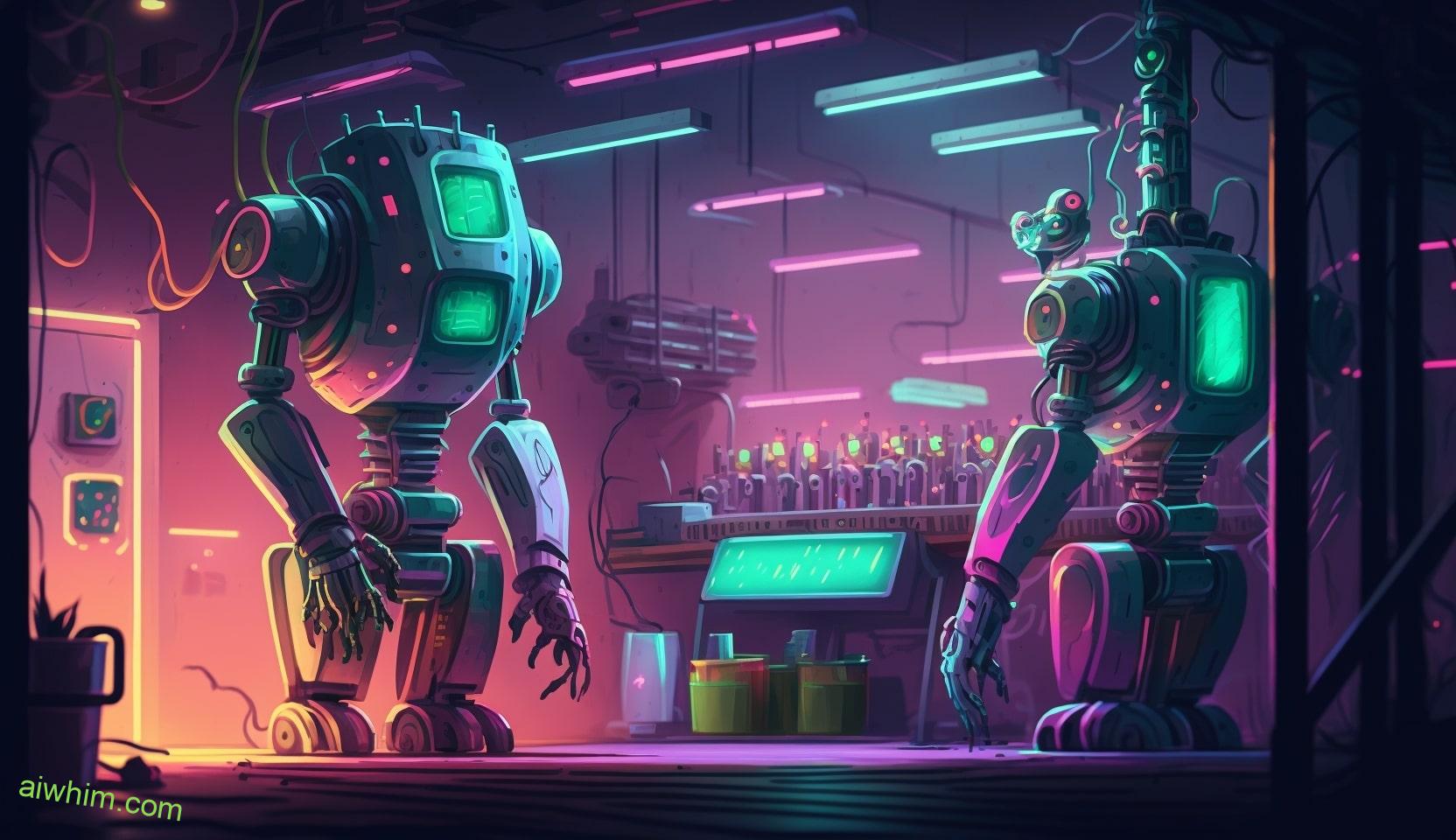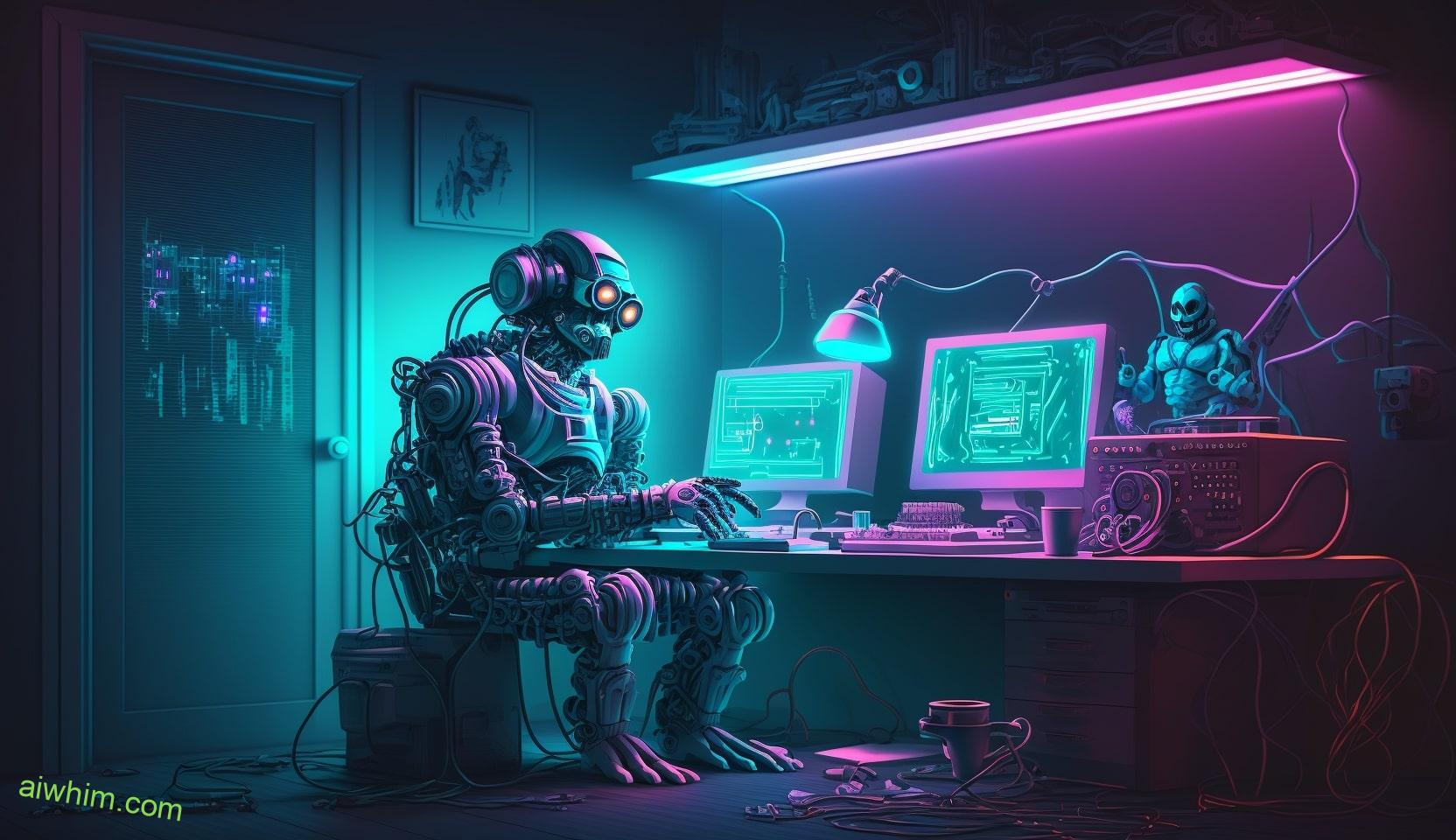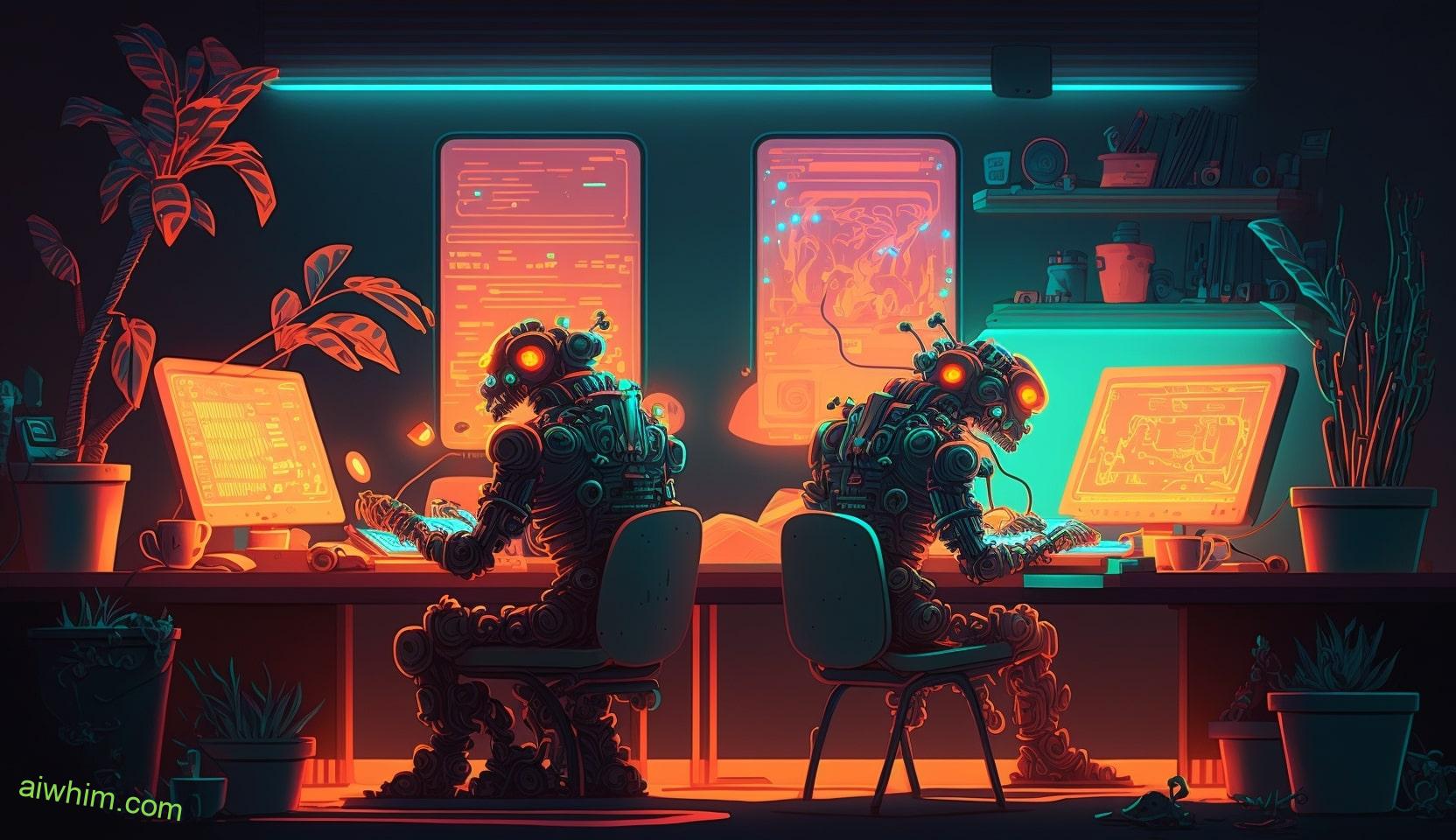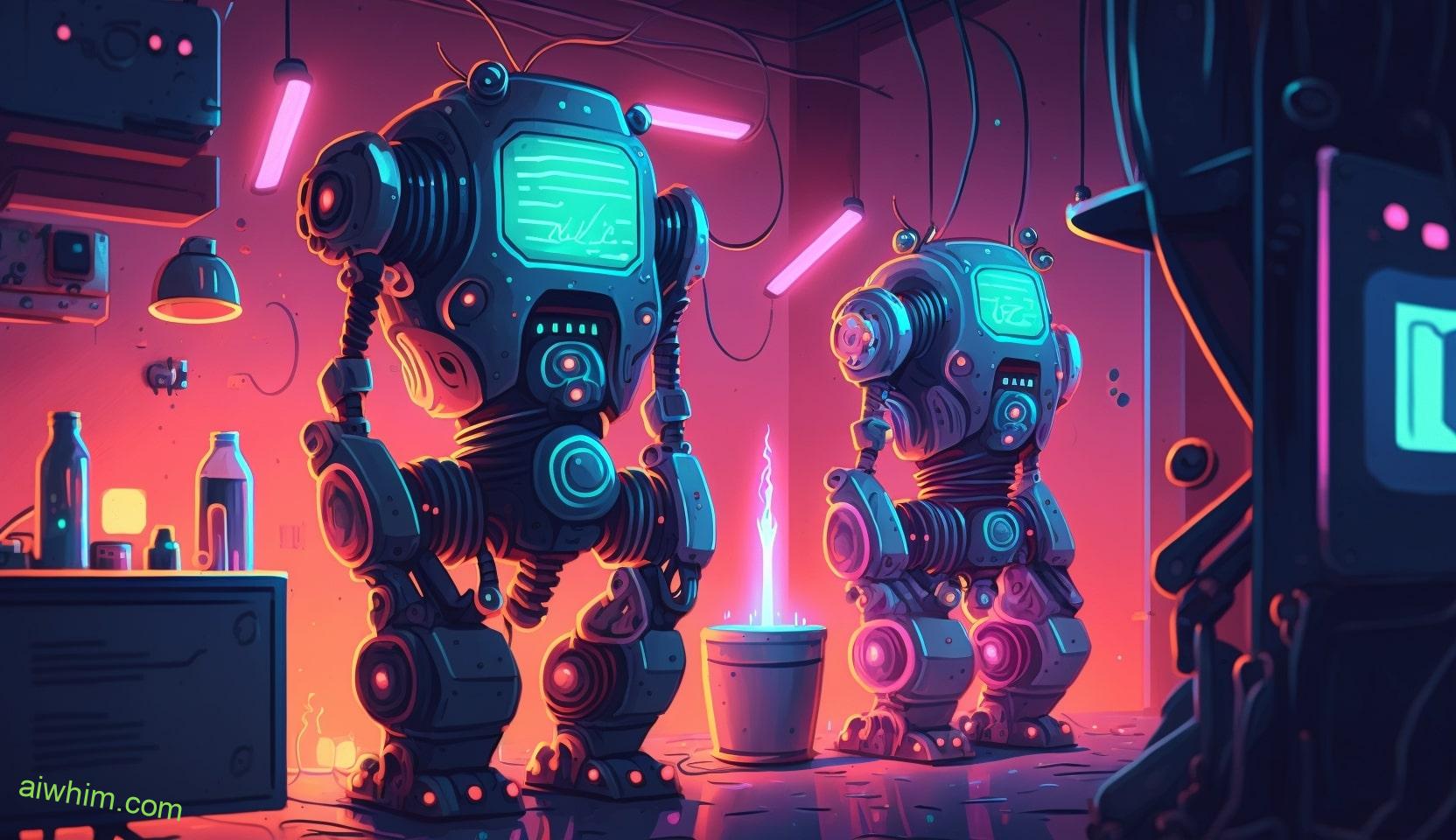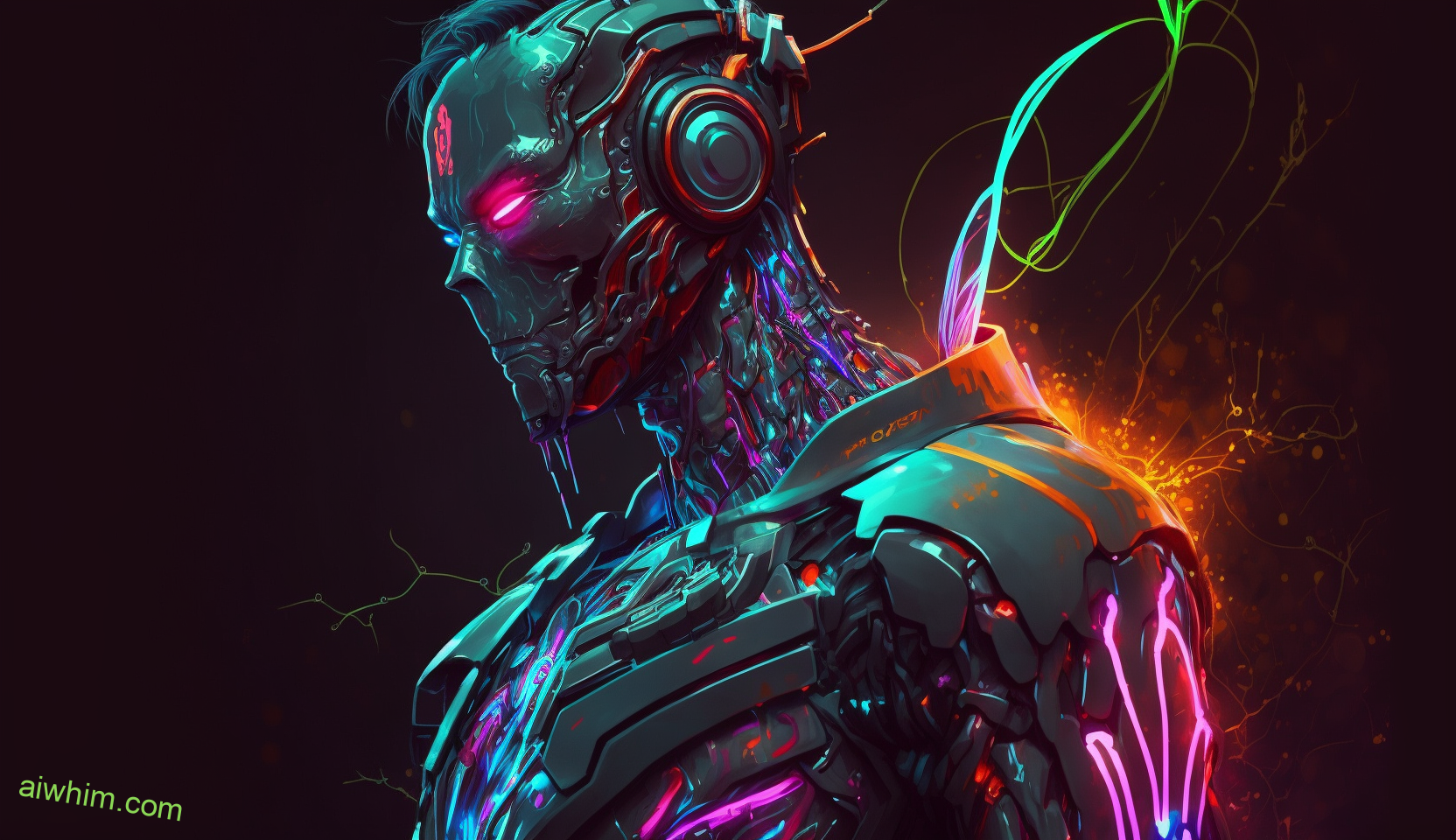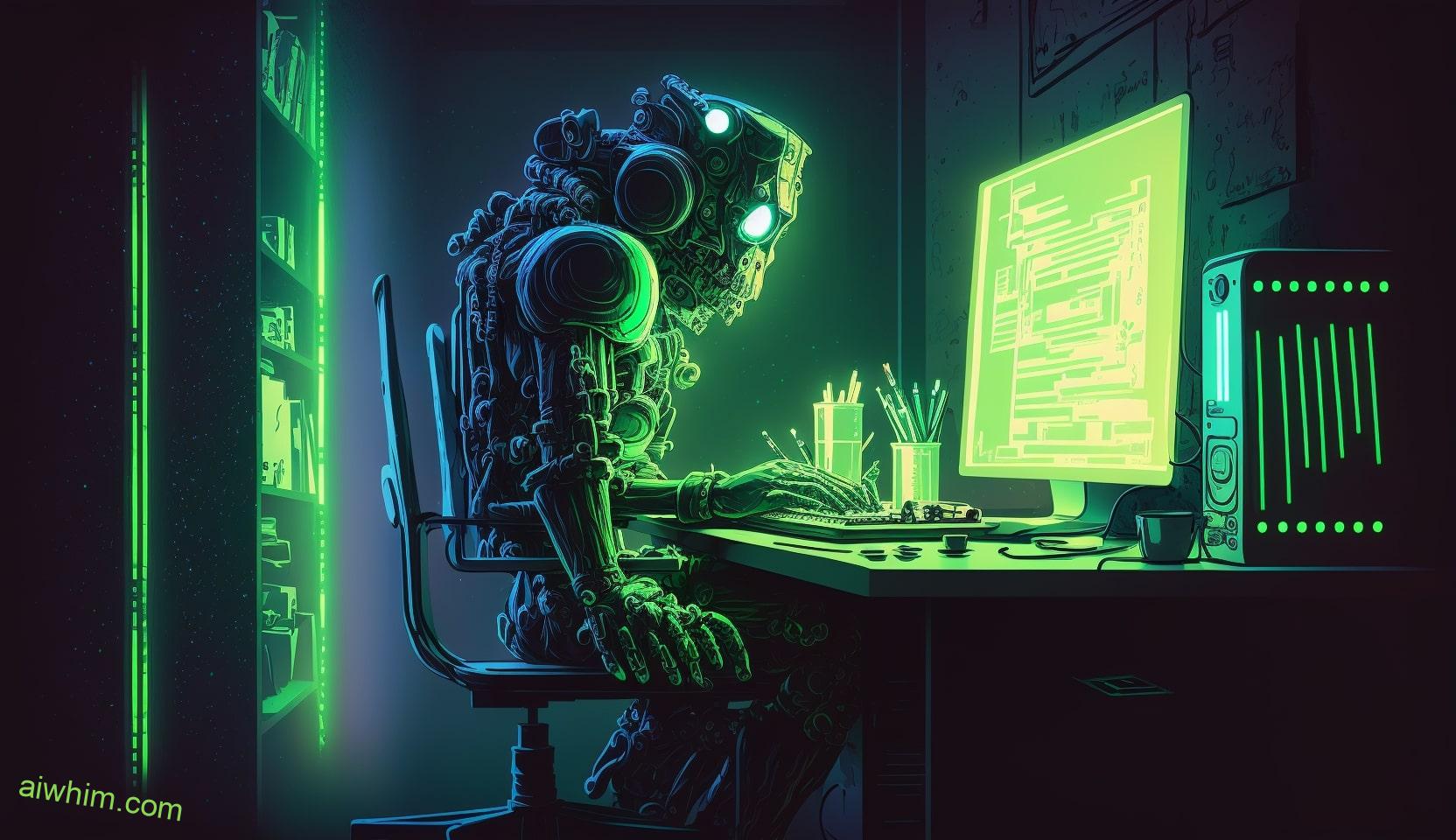Are you an insurance claims adjuster? Do you ever worry that your job could be taken away from you by artificial intelligence (AI)? AI is becoming increasingly popular in the workplace, and many people are concerned about its potential to replace human labor. In this article, we’ll explore whether or not there’s a risk that AI will steal your job as an insurance claims adjuster.
The idea of machines taking over our jobs can be both daunting and exciting. While it’s true that some roles have already been replaced by automation, others remain uniquely suited for humans due to their complexity and reliance on judgment calls which cannot be easily replicated by machines. Since manual processing is often crucial in the field of insurance claims adjustment, could AI potentially threaten your position at work?
In order to answer this question, we must look at how AI technology is currently being implemented in the industry, what tasks it can do better than humans, and where human expertise still reigns supreme. Read on if you’re curious about whether or not your job as an insurance claims adjuster may soon become obsolete!
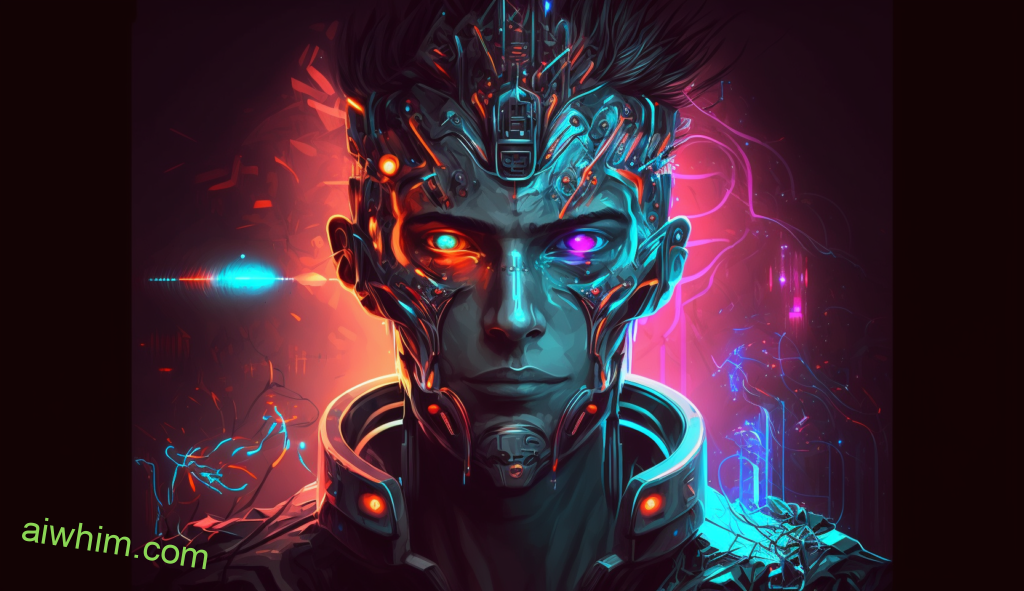
Definition Of Artificial Intelligence
As technology advances, we’re seeing more and more examples of Artificial Intelligence (AI) being used in our everyday lives. From self-driving cars to voice recognition software, AI is becoming increasingly prevalent. But what exactly is AI? The term “Artificial Intelligence” refers to the development of computer systems that can think like a human. This includes machines that are able to learn from experience, recognize patterns and make decisions based on those experiences and patterns.
At its core, AI focuses on creating intelligent machines that can help us solve complex problems faster than humans ever could before. In some cases, these machines can even outperform humans due to their lack of bias or emotional attachments. As such, they have become invaluable tools for businesses who require fast and accurate decision making capabilities.
The potential applications of AI are virtually limitless; it has already been adopted by many industries including healthcare, finance, education and transportation. By leveraging the power of data analysis combined with machine learning algorithms, companies can now identify trends which lead to greater efficiency and cost savings – all without sacrificing quality or customer service.

Potential Benefits Of AI In Insurance Claims Adjusting
AI has the potential to revolutionize insurance claims adjusting in many ways. Automation of certain tasks can result in a decrease in processing time for adjusters, which could increase their efficiency and help them focus on more complex cases that require greater attention. This could lead to improved customer service, as well as greater job satisfaction for adjusters due to having fewer mundane responsibilities. In addition, AI-powered automation can help reduce costs associated with labor and paperwork by automating processes like data entry.
AI can also be used to make more accurate decisions when it comes to approving or denying claims. By leveraging machine learning algorithms, AI systems are able to learn from past decisions made by human adjusters and become better at consistently making correct decisions without bias or error. This not only benefits insurers who must manage large amounts of incoming claims but also protects consumers who may have been wrongfully denied coverage before the implementation of these technologies.
Overall, AI offers great promise in improving productivity while simultaneously increasing the welfare of both insurers and those they insure. As this technology continues to evolve and improve, there is no doubt that its applications will continue to expand into every corner of the industry—benefiting all parties involved along the way.
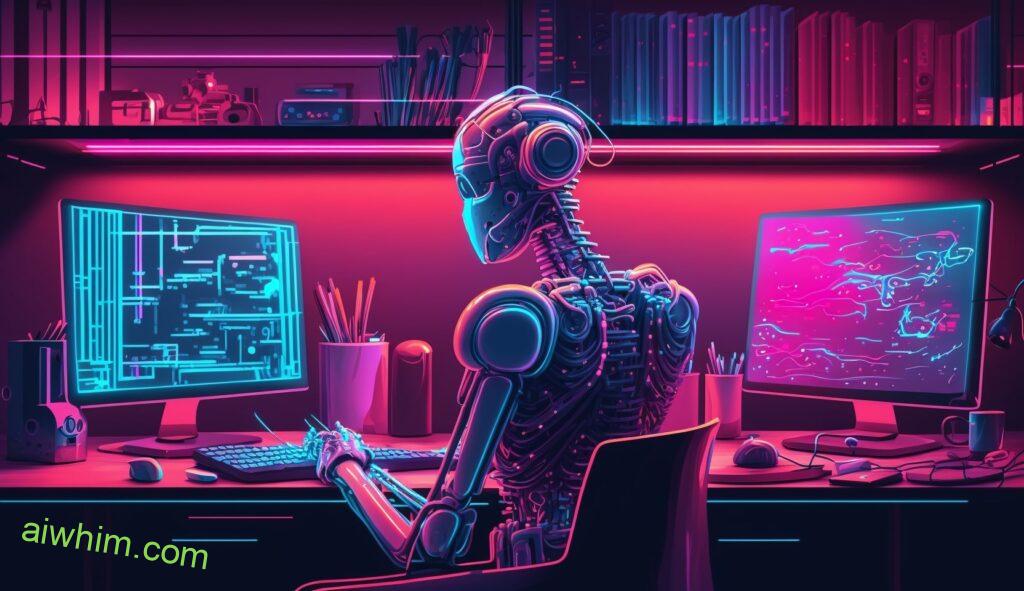
Historical Examples Of Automation Replacing Human Jobs
It’s no secret that automation has been replacing human jobs for centuries now. The reality is, it might be a bigger problem than many of us realize. According to the Bureau of Labor Statistics, over 80 million American workers are at risk of being replaced by machines in the next ten years alone. This means nearly half of all current US job roles could soon become obsolete due to automation.
The idea of robots taking away our jobs is nothing new; automation has been doing this since the 19th century with machinery making its way into factories and farms across Europe and North America. In more recent times, automated systems have come to dominate other industries like banking and customer service as well as automotive manufacturing plants around the world. It’s clear technology can do these tasks better or faster than humans ever could – but what about jobs where interpersonal skills are essential?
Fortunately, there’s still hope for employees whose livelihoods depend on those traits. Jobs such as insurance claims adjusters require extensive knowledge about their industry along with an ability to interact with customers in a meaningful way — something AI can never replace. As long as people remain willing to learn how to adapt alongside technological advancements, they should find themselves safe from automation in fields that rely heavily on emotional intelligence and critical thinking skills.
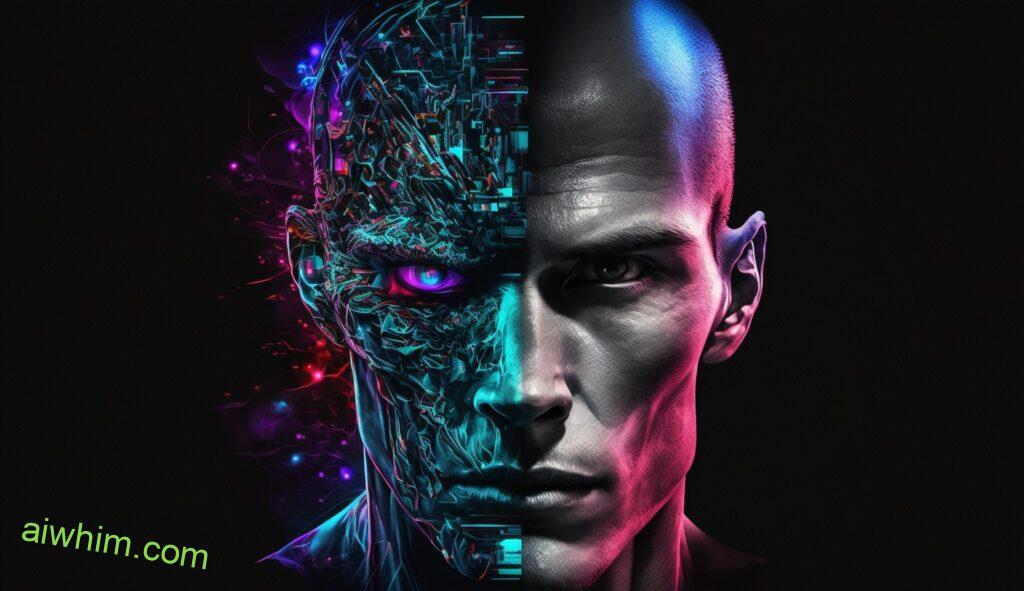
Theoretical Risks For Insurance Claims Adjusters
As automation and artificial intelligence (AI) technologies become more sophisticated, the risk of them replacing insurance claims adjusters is real. Automation has already had a profound effect on many jobs in the workforce, so it’s no surprise that insurance-claims-automation poses a serious threat to human employment. AI machines can analyze data faster than humans and make decisions with greater accuracy. With this technology rapidly advancing, there are potential risks for those pursuing careers as insurance claim adjusters.
The job market has been radically transformed by new forms of technology, making it increasingly difficult for workers to stay competitive. As such, those working in fields like insurance claims adjusting must be aware of current trends in automation and how they may affect their profession. In order to remain employable in an ever-changing landscape, insurance claims adjusters must continue to develop their skillset and prepare themselves for potential shifts in the workforce due to advances in ai-job-threats. This includes learning about emerging technologies that could impact the industry or having an understanding of how changes in the employment market might influence hiring practices down the line.
With these theoretical risks looming large, it’s important for all professionals – not just those who work within the realm of insurance – to keep abreast of changing conditions in the workplace. By staying informed about relevant developments related to both technology and labor markets, one can better equip themselves against any potential disruptions caused by advances in automation or other forces that may shape future job prospects. It’s also wise to cultivate relationships with colleagues across industries; doing so provides valuable insight into where you may fit into various types of roles should your current career path become altered due to unforeseen circumstances brought on by shifting economic climates or advancement in employment-market-changes.
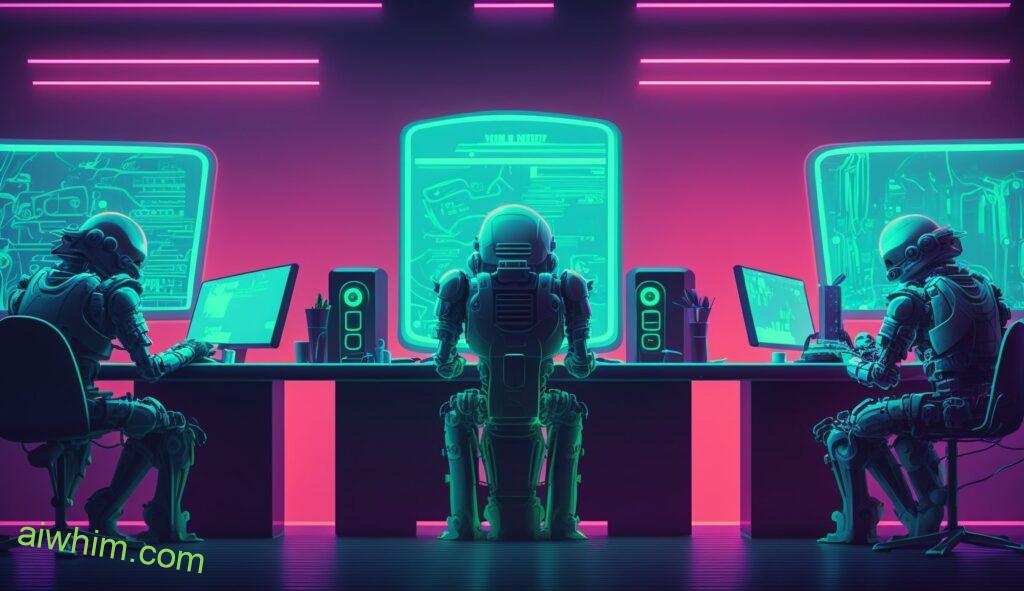
Real-World Cases Of AI Taking Human Jobs
As AI technology advances, it is becoming increasingly common for automated machines to take the place of humans. This phenomenon has been termed “AI job displacement” and can be seen in a variety of industries, including insurance claims adjusters. Automation has already begun replacing human labor with efficient machine learning algorithms that are capable of processing data faster than any human could ever hope to do. In some cases, these machines have even replaced entire departments within companies, causing significant job losses for those employees who were once employed there.
The impact of automation on employment is undeniable; however, this does not mean that all jobs will eventually become automated by AI or other forms of machine learning. While much research has gone into developing systems capable of performing complex tasks traditionally handled by humans, many roles still require a human touch. Furthermore, certain positions such as creative or managerial ones may remain exempt from automation due to their complexity and lack of suitable replacements at present.
It is clear then that while AI job displacement will continue to affect many industries around the world, it remains difficult to predict exactly how far-reaching its effects will be in the future. Companies should prepare themselves now by evaluating which positions may be vulnerable to automation and taking steps to mitigate potential impacts on workers before they occur. By proactively addressing these risks today, employers can ensure their businesses remain competitive and able keep their workforce intact tomorrow.

How To Prepare For The Introduction Of AI
It’s an exciting time as AI automation is quickly transforming the way we work and live. But it can also be a bit daunting to think about how this technology may impact our job security, with concern that robots will soon take over many of our jobs. As an insurance claims adjuster, it’s natural for you to wonder if your job is at risk from AI taking over.
The good news is that there are ways to ensure you remain employable in the ever-changing job market. First, start retraining yourself on new skills that could help make you more valuable in this changing landscape. You’ll need to stay current with technological advancements so you know what kind of opportunities await you when changes come around. Additionally, look into continuing education or classes where you can learn different aspects related to artificial intelligence or data analysis – both areas which are relevant in today’s modern workplace.
Finally, focus on developing soft skills such as communication and problem solving; something no machine can replicate yet. Soft skills demonstrate adaptability and creativity which employers value highly regardless of industry trends or technological advances. With a combination of hard technical knowledge and strong interpersonal abilities, you’ll have everything you need to succeed even as AI makes its way further into the workforce.
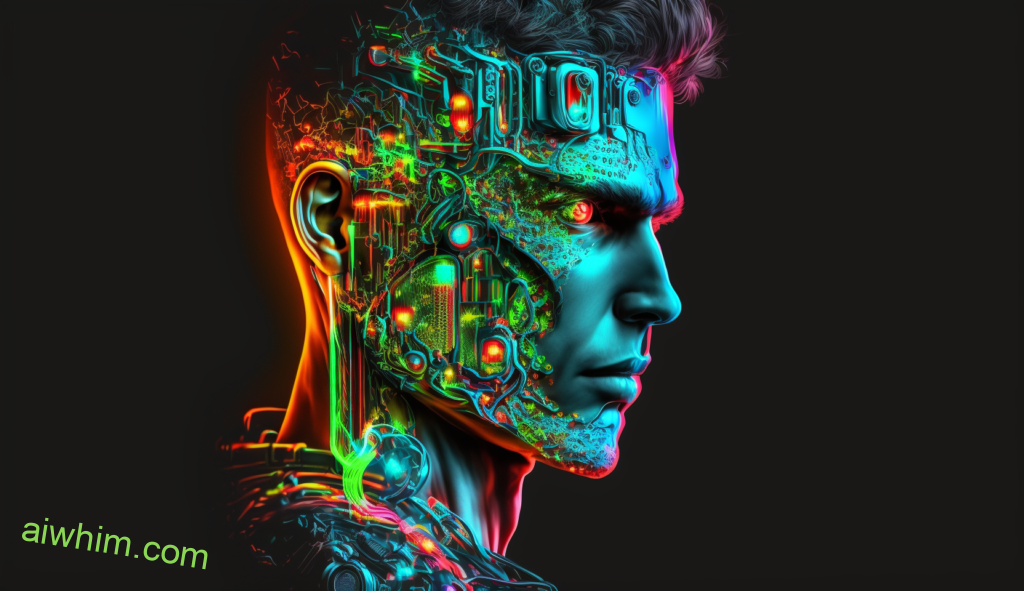
Ways To Retrain And Re-Skill
Retraining and re-skilling in the face of advancing technologies can seem daunting. But, it doesn’t have to be a helpless task. With the right approaches and resources, you can gain useful AI-related skills that will help keep your job secure.
The first step is to assess what kind of skills employers are looking for in claims adjusters nowadays. For instance, do they need knowledge about predictive analytics or machine learning? Do they prefer someone who has experience with process automation? Take careful note of these requirements so that you know which areas to focus on when retraining yourself.
Next, research various courses and programs available online or at local universities/colleges that teach those specific AI-related skills needed for insurance claims adjusting. You may also want to consider attending seminars or workshops related to current industry trends and advancements in technology if finances allow for it.
By making use of existing educational opportunities as well as staying abreast of changes within the field, you’ll give yourself an edge over other competitors who aren’t up-to-date on their training. This proactive stance towards self-improvement will position you well against any potential threat posed by artificial intelligence stealing away jobs from people like you.
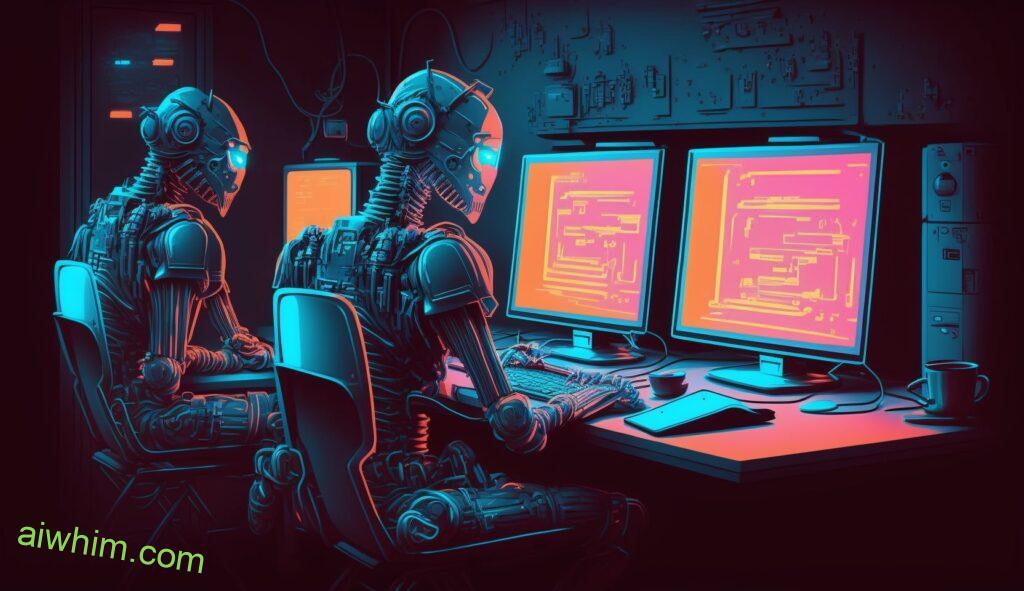
Pros And Cons Of Different Training Methods
It’s no secret that Artificial Intelligence (AI) is revolutionizing the way we work. But what about its impact on insurance claims adjusters? To find out, let’s look at the pros and cons of different training methods for AI-driven automation in this field.
Take the case of Ben, an experienced insurance claims adjuster who is worried that his job will be taken by a machine learning robot. He has heard horror stories of robots taking over human jobs but he wonders if there are any advantages to having AI do some of his work. After all, machines can process data faster and more accurately than humans, which would free up time for Ben to focus on other tasks. However, as with anything else, there are drawbacks too – such as potential inaccuracies due to deep learning algorithms or reinforcement learning techniques being used without thorough testing and validation.
While it may seem counterintuitive at first glance, using AI alongside traditional manual processes could prove beneficial in the long run. This hybrid approach allows Ben to utilize both his expertise and experience while leveraging AI technology for specific tasks like analyzing large amounts of data quickly or making complex decisions based on multiple factors. In addition, AI systems can help detect fraud more efficiently and accurately than their human counterparts.
The key takeaway here is that when considering retraining or re-skilling options for employees working in fields impacted by emerging technologies like AI, it’s important to weigh both the benefits and risks associated with each option carefully before making a decision. With the right balance between manual labor and automated processes, employers can ensure they have a workforce equipped to thrive in today’s digital world while protecting against disruptions from potentially inaccurate predictions made by AI systems.

Strategies For Staying Employable In A Changing Market
In a rapidly changing job market, it can be difficult to stay employable. With the rise of AI technologies and automation, many traditional jobs are at risk of being replaced by machines. As an insurance claims adjuster, you may feel uncertain about your future and wonder how best to ensure that your skills remain relevant in this constantly evolving job market. Here are 3 strategies for staying employable:
- Develop New Skills: Staying ahead of the curve is key when it comes to remaining competitive in a changing job market. Consider taking courses or certifications related to emerging technology trends such as artificial intelligence (AI) and machine learning; this will demonstrate to potential employers that you have up-to-date knowledge and experience with these new technologies.
- Stay Connected: Networking with other professionals can help keep you informed on current industry trends, allowing you to better anticipate changes before they happen. Additionally, networking allows you to build relationships with hiring managers who could potentially recommend you for positions within their organizations. Joining professional associations is another great way to stay connected and create valuable connections within your field.
- Embrace Change: The most successful professionals understand that change is necessary for personal growth and development. Be open minded to different opportunities; try out different roles or industries if they interest you! By embracing change, not only do you increase your chances of finding meaningful work but also expand your knowledge base which makes more attractive in the eyes of recruiters looking for candidates with diverse perspectives and experiences.
It’s important to remember that no one knows exactly what the future holds – so don’t panic! Instead, focus on proactively positioning yourself with the skillset needed today while preparing yourself for tomorrow’s challenges using these three strategies above as helpful guidelines along the way towards staying employable amidst a changing job landscape driven by AI technologies.

Role Of Technology Companies In Shaping Future Job Market
The role of technology companies in shaping the future job market is an important area to consider. AI and automation are being developed at a rapid rate, and it’s clear that this could have significant implications for our current workforce. While some jobs may become obsolete due to advancements in AI technology, other roles will open up as new tasks enter the realm of possibility. It’s certain that technology companies will continue to play a major part in how our job markets evolve over time.
One thing we know for sure is that AI won’t be able to take on every task currently done by humans. Jobs requiring empathy, creativity, or problem-solving skills are likely to remain safe from automation. However, many manual labor positions – such as data entry or construction – could be replaced with automated processes if they become cost-effective enough. This means that those working in these industries must stay abreast of changes in order to ensure their place within the job market remains intact.
Job security isn’t guaranteed even when considering non-automated roles; technological disruption can still cause drastic shifts in demand for workers with particular skillsets. For example, online shopping has been steadily increasing since its inception, leading to less need for retail employees than before the internet age began. Technology companies must account for this type of change when developing their products so as not to further destabilize already volatile economic climates and create more unemployment worldwide.
Ultimately, there is no way of knowing what shape our job market will take several years from now. The only certainty is that technology companies have an immense responsibility when it comes to ensuring progress does not come at the expense of human livelihoods. As long as decisions keep people’s best interests at heart while also allowing innovation to flourish, then everyone stands to benefit from continued advances in AI technology and job automation going forward.
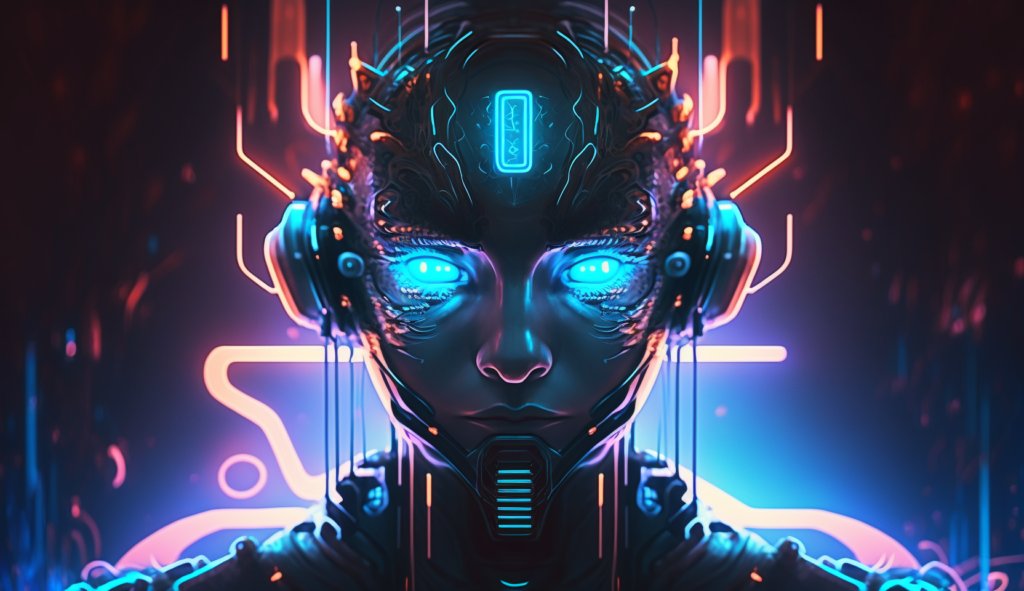
Government Policies Impacting The Employment Market
Government policies have a significant impact on the employment market. This is especially true when it comes to rapidly growing technologies like Artificial Intelligence (AI). AI has been increasingly used in many industries, including insurance claims adjusters. With new technology advancing so quickly, it can be hard for government laws and regulations to keep up.
As governments work to create and enforce more comprehensive employment laws, they must consider how these changes will affect the job prospects of current workers as well as future generations. As countries around the world continue to grapple with questions about what constitutes ‘fair’ labor practices, existing employees are at risk of being replaced or having their jobs downgraded due to automation or other technological advancements.
The rise of AI presents an interesting challenge for governments across different economic systems. On one hand, there is a need to protect workers from unfair competition caused by machines; on the other hand, there is also pressure from innovators and companies that want to use the latest technology without facing too much regulation. It’s clear that governments will need to take a balanced approach when creating policy that affects both employers and employees in today’s ever-evolving employment landscape.
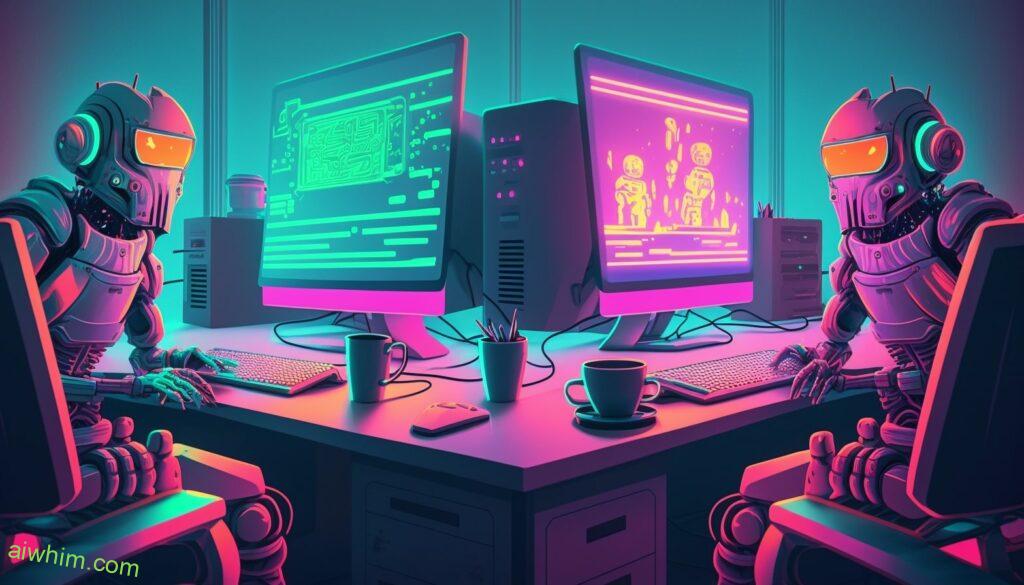
Potential Impact On Quality Of Worklife
The prospect of AI taking over jobs raises questions about how it might impact the quality of worklife. As automation takes hold, job security becomes a major concern for many people in the insurance claims adjuster industry. In addition, there is potential for morale to be negatively affected as automation takes over more and more roles traditionally filled by human workers. With so much uncertainty in the job market, people are left feeling anxious about their future prospects.
AI technology can potentially free up time from mundane tasks that used to take hours or days to complete manually, allowing employees to focus on higher-level tasks such as problem solving or customer service. This could lead to increased satisfaction and fulfillment in the workplace. However, if these same individuals do not have confidence in their long-term employment status due to AI, this may reduce morale and motivation despite any other positive impacts of automation.
The use of AI also has implications for wages and income levels within the insurance sector. If automated systems replace existing positions with lesser paid roles, then overall incomes could fall significantly. This would create further financial insecurity which will likely lead to decreased job satisfaction amongst those employed within the field. There is no denying that while AI offers numerous benefits when it comes to efficiency and accuracy it also poses certain risks that need careful consideration before being adopted into an organization’s workforce structure. The challenge lies in striking a balance between leveraging new technologies without sacrificing employee well-being or resulting in widespread economic disruption.
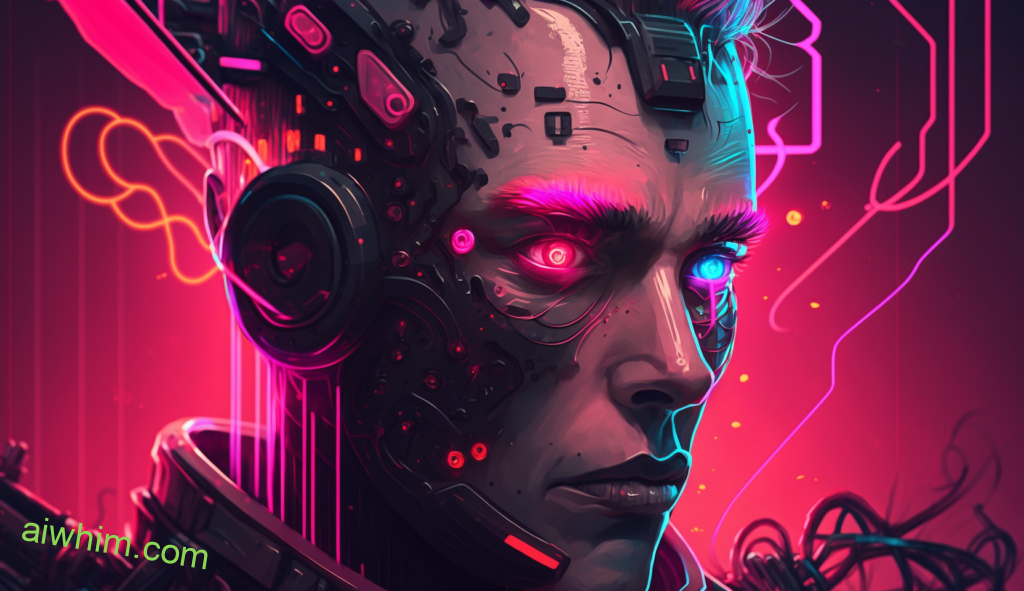
Legal Implications Of Automation Replacing Human Jobs
The thought of losing one’s job to automation is a fear that many have come to confront in recent years. As technology rapidly advances, more and more jobs are being replaced with automated systems as companies look for ways to reduce costs and increase efficiency. This has led to questions about the legal implications of using automation to replace human jobs, including insurance claims adjusters.
Automation law seeks to ensure fairness when it comes to replacing humans with machines, while still enabling businesses to make use of new technologies. The law requires companies to provide employees with notice when they intend to introduce automation into their operations. It also stipulates that workers should be provided with retraining opportunities if their skills become obsolete due to automation or other technological advancements. Furthermore, certain measures need to be taken by employers so that no worker will suffer financially from job automation.
As AI continues its rapid advancement, it is becoming increasingly clear that it could soon begin displacing even highly skilled professions like insurance claims adjusting – challenging our ideas about what types of work can only be done by people. Therefore, understanding how best we can protect workers’ rights under the law becomes especially important in order for us all move forward together rather than apart amidst this changing landscape.
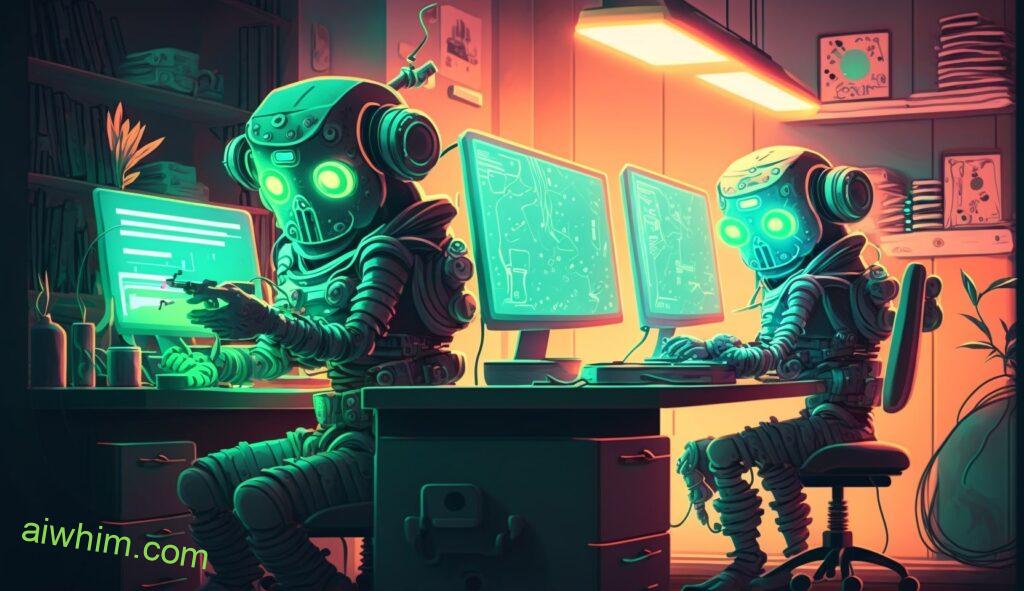
Ethical Considerations In Developing AI Technologies
The legal implications of automation replacing human jobs have been discussed, but the ethical considerations in developing AI technologies are just as important. As technology advances and robots become more autonomous, we must ask ourselves if these machines should be held to the same moral standards that humans are expected to abide by. We need to consider how much responsibility a robot should bear for its actions, and whether it has any rights at all.
AI ethics is an area of research devoted to investigating the ethical aspects of artificial intelligence development and use. It seeks to develop frameworks for determining what choices robots should make when faced with difficult decisions or situations where there may not be a clear-cut answer. This includes issues such as how robots can interact safely with people, how they will treat each other, and their level of autonomy over decision making. In addition, machine morality is also explored—how do we ensure that robots act ethically?
These questions are complex, as many different factors come into play when trying to determine what constitutes good robotic behavior. However, one thing is certain: robotics engineers must take great care when designing AI systems so that no harm comes from their creation or use. It is essential that society develops guidelines on robot morality before we find ourselves in a situation where machines are making decisions without proper oversight or accountability. Otherwise, humanity could face serious consequences due to irresponsible robot behaviors in our everyday lives.
With this in mind, it is crucial that researchers continue exploring ways to promote responsible AI development and use while still allowing room for innovation in this growing field of technology. Without thoughtful consideration of ethical principles now, future generations may suffer the consequences later.
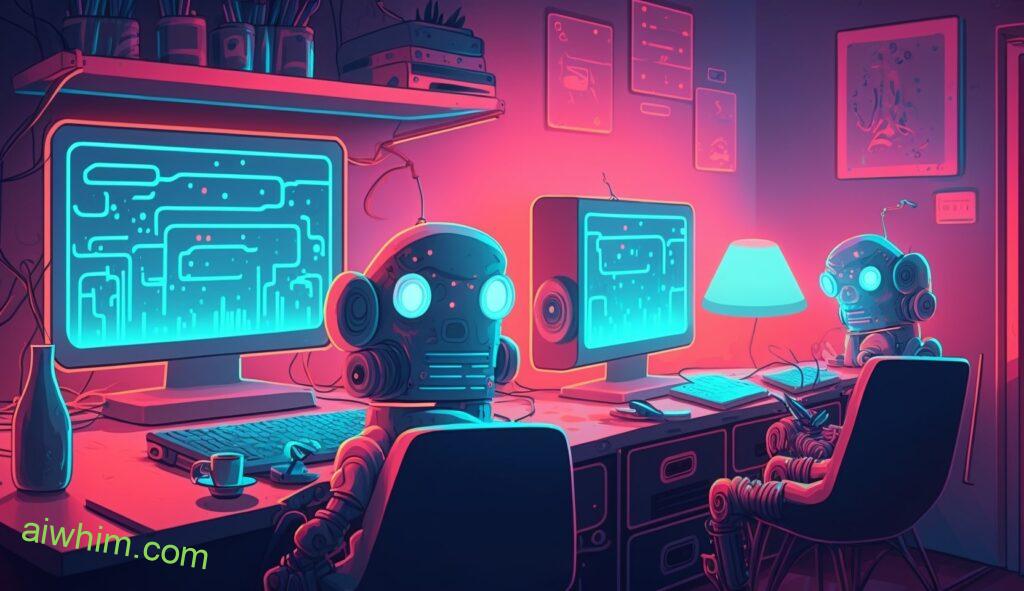
Predictions For The Future Job Market
Recent research from the World Economic Forum paints a startling picture: two-thirds of jobs will be impacted by automation and artificial intelligence (AI) within the next 5 years. This means that AI could soon start to play an increasingly important role in many industries, including insurance claims adjusting.
In terms of job market trends, experts predict that there will be some jobs taken over by robots and software programs while other professions humans are more suited for – such as communication or customer service skills – may become even more valued than they are today. As these changes take place, workers should focus on learning new skills that can help them remain competitive in their field and adapt to the changing labor market.
While it is unclear what exactly the future holds for the job market, one thing is certain: those who invest time into improving their knowledge and understanding of AI technologies will have better chances of succeeding in tomorrow’s world. In order to stay ahead of potential disruptions caused by automation predictions, individuals must always strive to learn new things and keep up with upcoming developments related to AI futures. It is only through ongoing education and training that people can truly prepare themselves for any eventualities – whatever they might be!
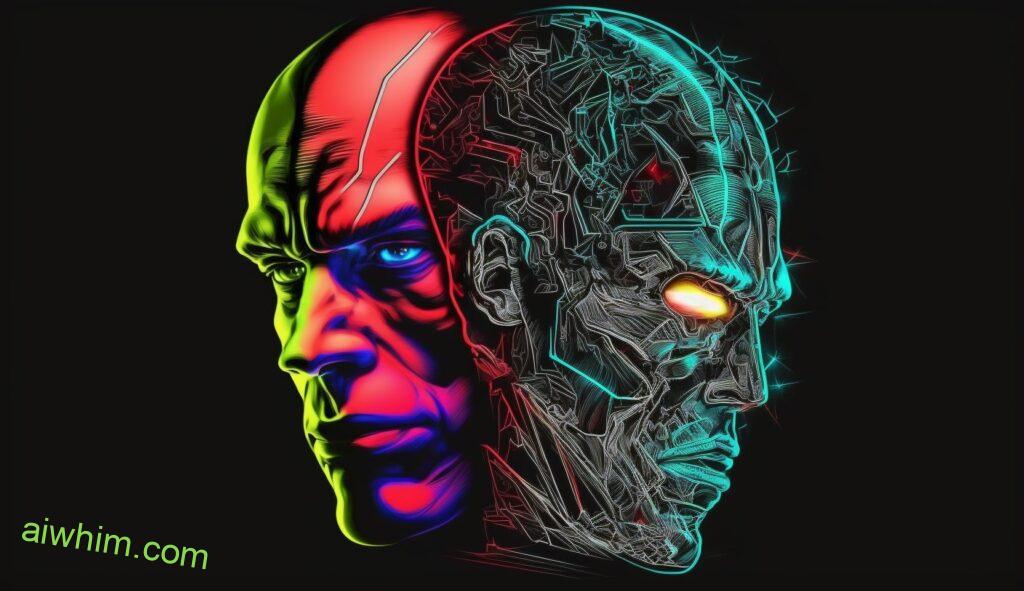
Key Takeaway
In conclusion, it is clear that AI technology has the potential to drastically alter the job market for insurance claims adjusters. While the benefits of this automation may be great in terms of efficiency and accuracy, there are still ethical considerations to take into account when developing these technologies. We must not forget the real-world cases where human jobs have been replaced by machines; such changes can significantly reduce quality of worklife if proper legal protection is not put in place. As we move forward with advancing AI technologies, I believe it is our responsibility as a society to ensure we create a safe and equitable job market for all workers – both human and machine.
Author: Ole Paulson
Author Bio: I’m Ole and on this website, I share everything there is to know about Artificial Intelligence, and useful tips for using AI to our advantage. I have a background in data science and research and have been following the AI-space for years. You can read more about me in the “About” page.

